Social Action
Bahá’í efforts of social action seek to promote the social and material well-being of people of all walks of life, whatever their beliefs or background. Such efforts are motivated by the desire to serve humanity and contribute to constructive social change. Together they represent a growing process of learning concerned with the application of the teachings of Bahá’u’lláh, along with knowledge accumulated in different fields of human endeavour, to social reality.

.
Issues of social and economic development can be complex, and the efforts of Bahá’ís to engage in social action are, by comparison, modest. They are usually carried out by small groups of individuals in a locality where the courses of the training institute are being widely offered. Efforts emerge out of growing collective consciousness. Most are projects of a fixed duration. They come to a close when their objectives have been met. They may be related to any one of a variety of fields, for example, health, sanitation, education, agriculture or environmental protection. Whatever their nature, they aim at improving some aspect of the life of the local population. In a few cases, those engaged in grassroots social action are able to extend the range of their activities in an organic fashion, and their efforts evolve into projects of a more sustained nature, with administrative structure.In such cases, a non-profit, non-governmental organization may be established by a group of Bahá’ís, often with like-minded colleagues, to address one or another issue of social and economic development. Operating on the principles of the Bahá’í Faith, it is generally called a “Bahá’í-inspired organization”. It provides institutional capacity in a country or region to deal with the generation, application and diffusion of knowledge about development. Typically, such an organization will begin with one primary line of action and will allow its efforts to increase in complexity over time.

http://www.bahai.org/
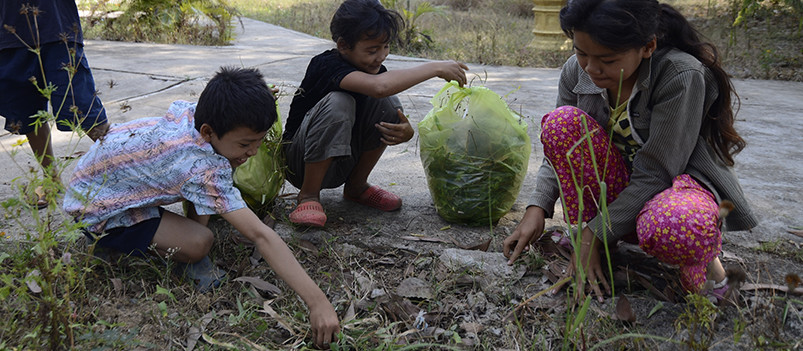
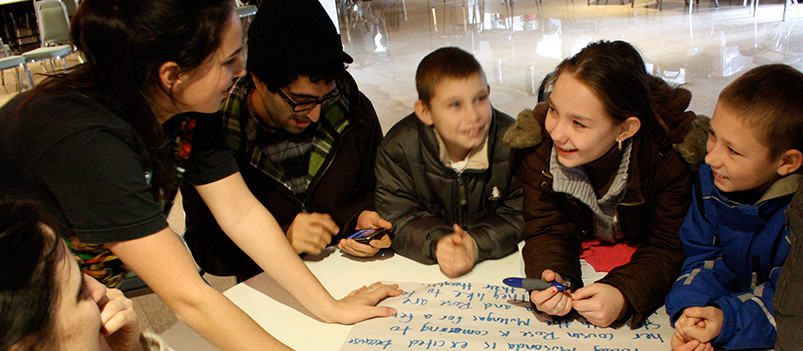
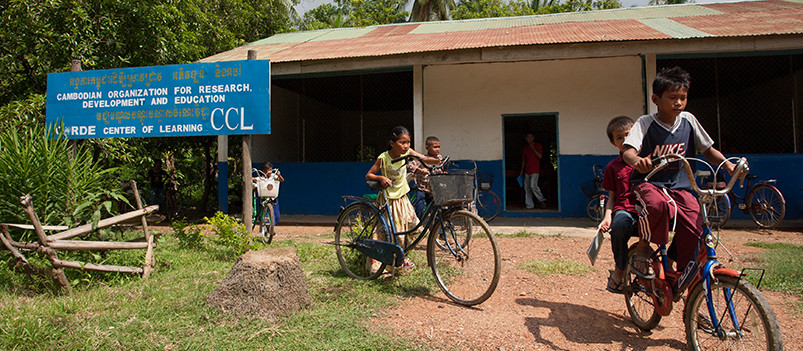
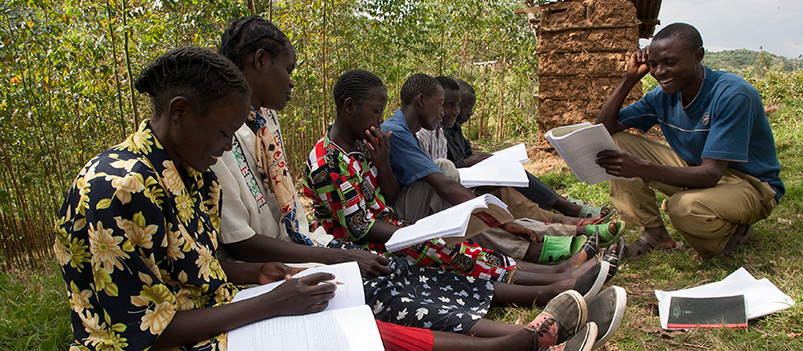
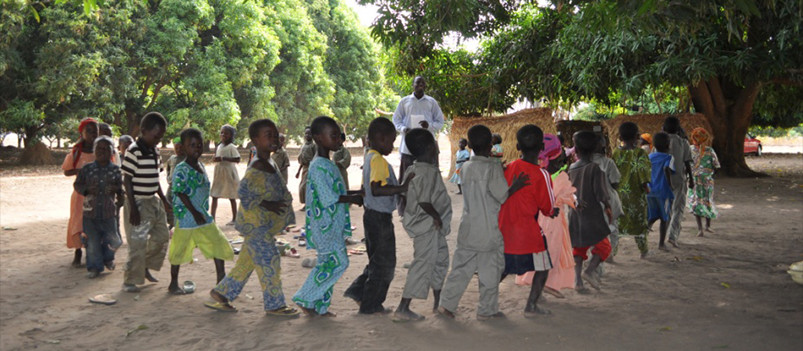
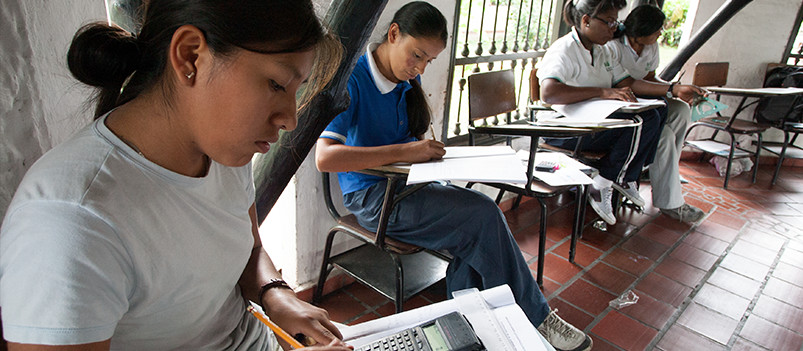
 .
.